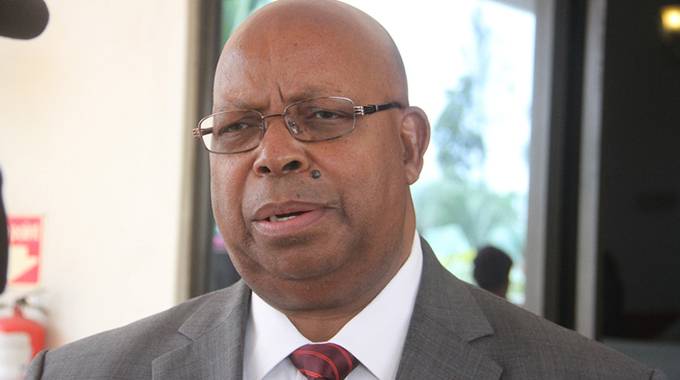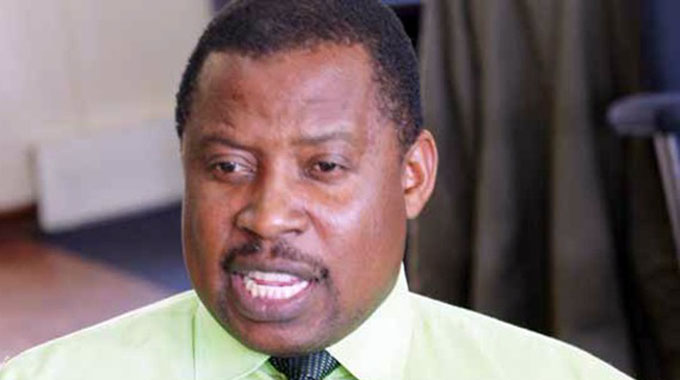Govt to speed up law-making process

Elita Chikwati Senior Reporter
Government is committed to accelerating the law-making process, but will ensure people are consulted extensively to avoid compromising the quality of the legislation.
This came out last Friday when Speaker of Parliament Advocate Jacob Mudenda met with British Ambassador to Zimbabwe Ms Melanie Robinson.
Earlier on, the Speaker had met National Democratic Institute (NDI) election expert Ms Holly Ruthrauff.
In an interview after the meetings, Adv Mudenda said the refinement of the electoral law was expected in the next two to three months.
“We had fruitful discussions. We explained the law-making process. We had to explain that because we got the impression from our exchange that the process was a bit slow.
“We reassured the ambassador that we will accelerate the process, but without compromising the quality of our legislative process which must comply with Sections 149 and 141 of the Constitution. I am quite sure that the Bills that have come from the Executive are receiving the greatest attention from Parliament.
“That is why we had to meet today (Friday), which is unusual, so that we expedite the law-making process. We believe that when it comes to the electoral reforms in refining our electoral law, we should be in a position in the next two or three months to refine that piece of legislation,” he said.
He said Parliament was going to go into overdrive to ensure that AIPPA and POSA are on board.
“Some of the concerns arise from the recommendations of the parliamentary observers during our elections last year as well as the Motlanthe Commission.
“We understand the anxiety of the Executive to move with speed, but also we are conscious of the fact that we should make sure the law belongs to the people of Zimbabwe and they must have a say through public hearings.
“We satisfy their expectations as the stakeholders because both the Executive and Parliament derive their authority from the people of Zimbabwe who constitute us as Parliament and as the Executive,” he said.
The Speaker also discussed the death penalty with the British ambassador and said there was need to carry out research to find out why people kill.
“My view as a lawyer is that the death penalty must go, but we also want to do some bit of research in terms of getting into the psychology of the murderers . . .
“We must also go to get the views of the people understanding that during the constitution-making process, the majority of the people indicated that the death penalty should stay.
“We have to evolve with the new thinking in the world to find out whether the death penalty is deterrent enough or it could be a violation of the offender in terms of their right to life,” he said.
Ms Robinson said she had a fruitful meeting with the Speaker.
“We spoke about the importance of Parliament to hold the Government to account.
“We talked of how important it is for members of Parliament to represent the voice of the people from the whole of Zimbabwe and from whichever party.
“We talked of the importance of a time like this when there are important reforms needed in the country, pieces of legislation coming to Parliament to bring the legislation in line with the Constitution and the importance of everybody’s voice to be part of every conversation.
“We also touched on important issues such as the abolition of the death penalty and importance of women participation in Parliament,” she said.
NDI’s Ms Ruthrauff said: “We talked about the process on electoral reforms.
“This is an ongoing process and we will be following up on it. We also meet other stakeholders including the media, political parties and Zimbabwe Electoral Commission (ZEC), among others.”










Comments